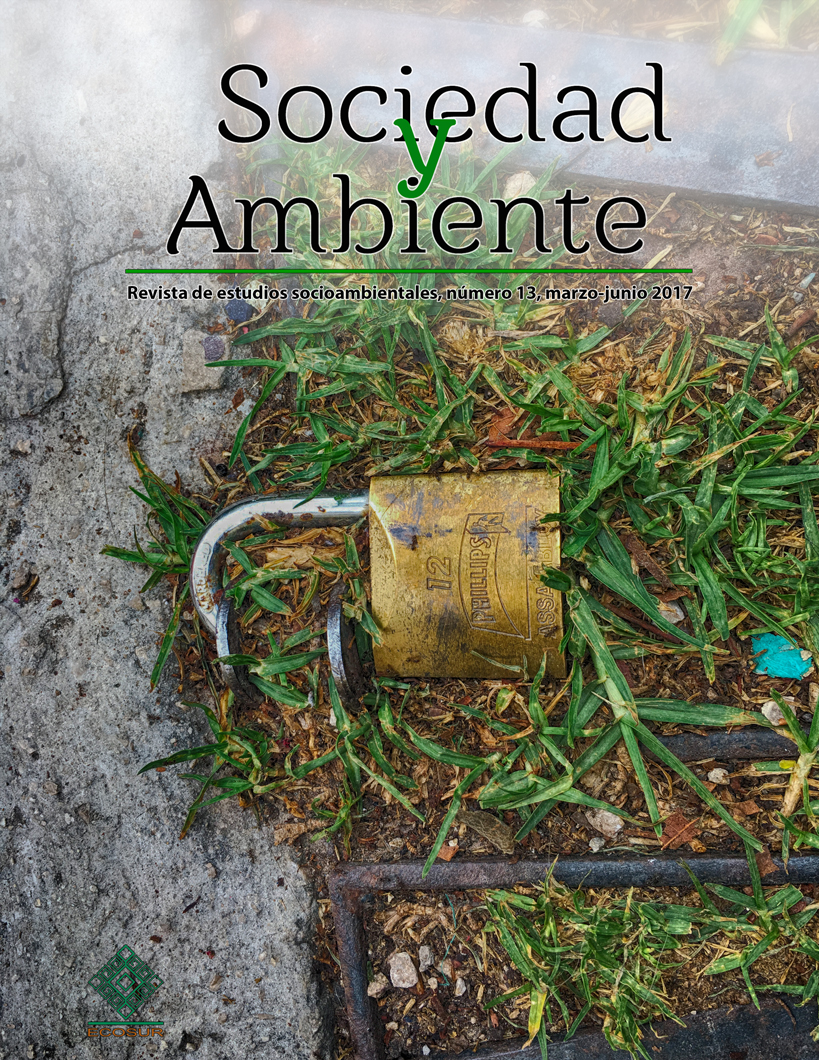Resumen
Cucapá indigenous people have been facing one of the best examples of human domination over water resources: the colonization of the Colorado River Delta. In this research, we use the Social-Ecological Systems framework to provide insights about the influence that environmental degradation has on indigenous livelihoods, taking as a case study the processes that have affected the indigenous Cucapá settlement El Mayor since 1940. Using semi-structured interviews, participant observation, and bibliographic compilation we identified degradation factors, we then linked that information with the chronological changes in livelihoods according to the El Mayor community. We found that 1) the 1980’s flood, 2) the flow of sewage drainage since 2007 and, 3) the 2010 earthquake were the main drivers that have re-arranged the Social-Ecological System feedbacks inside El Mayor, disconnecting the population with the Hardy River and affecting their wellbeing. Furthermore, we found that negative perceptions of the river´s water quality prevent the successful development of recovery projects with engagement of El Mayor people. We propose that better ecological conditions could increase opportunities to achieve wellbeing in the community and strength the connections to land, however, comprehensive public policies are also necessary.

Sociedad y Ambiente cuenta con una licencia Creative Commons Atribución/Reconocimiento-NoComercial-CompartirIgual 4.0 Internacional


